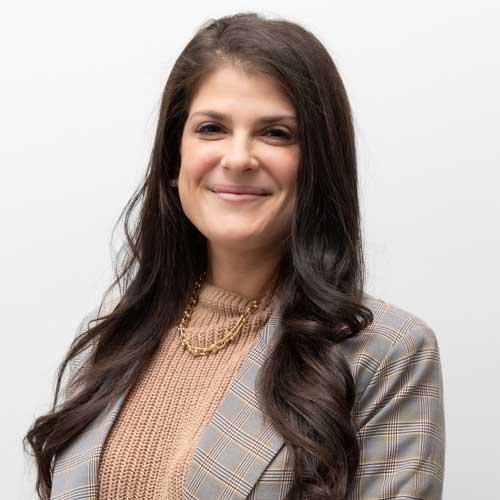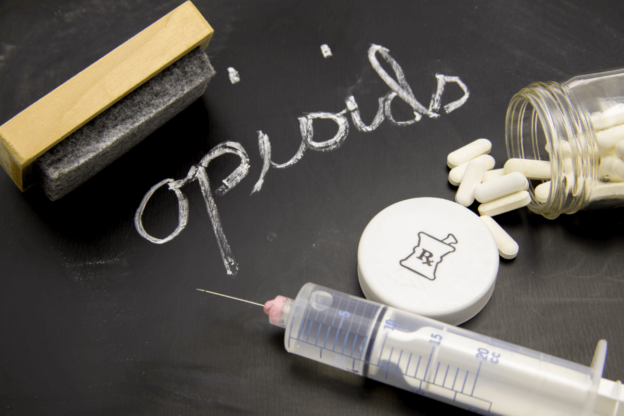Three million people in the United States suffer from opioid use disorder.[1] Opioid addiction is extremely dangerous, claiming more than 130 lives per day in the country.[2] However, combining opioids and alcohol can bring a further set of complications and risks. Take a closer look at the dangers of mixing alcohol and opioids and how turning to an opioid addiction treatment in Connecticut can be life-saving.
What Are Opioids, and How Do They Affect the Brain?
Opioids are a type of drug used to treat severe and chronic pain. Many kinds of opioids come from the poppy plant, including morphine, while synthetic opioids are crafted in a lab. One such synthetic opioid is fentanyl.
- Some of the most common opioids include:
- Codeine
- Hydrocodone (Vicodin)
- Oxycodone (OxyContin)
- Morphine (Duramorph, MS Contin)
- Fentanyl (Fentora)
- Heroin
When you take these types of drugs, they travel through your bloodstream and attach to the opioid receptors in the brain. This blocks pain signals and also causes intense feelings of pleasure.
The reason prescription pain relievers are so effective is also the reason they are so addictive. Their powerful and pleasurable effects affect the reward system in the brain, flooding it with dopamine. Dopamine is a neurotransmitter that regulates emotion, feelings of pleasure, motivation, and movement.[3]
Opioids can affect your central nervous system, slowing down your breathing and your heart rate. Because your brain can quickly build tolerance to opioids, someone with an opioid use disorder may find they need to increase their consumption to achieve the results they want. This can put you on the path to an overdose, which only becomes more likely when you add alcohol into the mix.
Opioids and Alcohol: A Deadly Combination
Alcohol is a central nervous system depressant, as are opioids, which means that taking them together can put you at risk of overdose and enhanced sedative effects. Even if you are taking a prescription opioid for a medical reason, you should never mix it with alcohol.
Combining alcohol with opioids may cause acute distress.[4] Such symptoms can include:
- Over-sedation
- Respiratory arrest
- Impaired motor control
- Anoxic brain injury
- Seizures
- Changes in blood pressure
- Vomiting
- Nausea
- Extreme confusion
- Coma
- Death
This combination can also cause what’s called dose dumping, mainly if you use prescription opioids. These types of drugs generally release their effects slowly into your system. Alcohol can speed up this process, causing the full dose of the opioid to enter your bloodstream all at once.
If you regularly combine opioids and alcohol, you can suffer long-term effects. Liver damage is one of the risks, as is memory loss. Both alcohol and opioids make it harder for your brain to make new memories. When combined and consumed in high doses over a long period, they may lead to memory loss, similar to dementia.
Combining opioids and alcohol also increases your chances of developing a substance use disorder.[5] You may have a higher risk of experiencing mental health concerns as well.
Treating Opioids and Alcohol Addiction
To break free from substance use, it’s crucial that the first step you take is to detox safely. The more you use opioids and alcohol, the more your body relies on them, which means that if you abruptly stop consuming them, you can experience severe withdrawal symptoms. This is why medical detox is crucial.
Throughout your recovery process, relying on medication-assisted treatment is also a good idea. By having access to medications that can help you avoid severe cravings, you can focus on beginning therapy.
Therapy — both individual and group therapy — helps you address the reasons why you may have turned to substance use in the first place. Using behavioral therapies like cognitive-behavioral therapy, you learn to identify negative thought processes and make the changes necessary to achieve better outcomes.
Group therapy ensures you realize you’re not alone in battling substance use disorders. Isolation is a serious issue, so being able to hear about the experiences others have had and share your own can offer significant help.
Find Effective Opioid Addiction Treatment in Connecticut
If you’re battling an opioid or alcohol use disorder, getting help can be just a phone call away. With the right program for opioid addiction treatment in Connecticut, you can successfully overcome your substance use disorder.
At the Connecticut Center for Recovery, we offer effective outpatient programs to help you begin your path toward sobriety once more. Take that first step, and reach out to us at the Connecticut Center for Recovery today.
Sources:
[1] https://www.ncbi.nlm.nih.gov/books/NBK448203/
[2] https://drugabusestatistics.org/drug-overdose-deaths/
[3] https://www.ncbi.nlm.nih.gov/pmc/articles/PMC6358212/
[4] https://www.cdc.gov/stopoverdose/polysubstance-use/?s_cid=DOC_Poly_PaidSearch_018
[5] https://www.cdc.gov/alcohol/fact-sheets/alcohol-and-other-substance-use.html

Alexis earned both a B.S. in Psychology and a B.S. in Family and Child Sciences from Florida State University and an M.A. in Marriage and Family Therapy from the University of San Diego. She holds licenses in Marriage and Family Therapy in Florida, Connecticut, and Massachusetts and is also a member of the American Association for Marriage and Family Therapy (AAMFT).
Alexis works with families, couples, children, and groups and also has a sub-specialty in addiction and recovery. She utilizes an integrated, systemic approach to counseling; empowering people to define what is not working for them in their lives and to discover the possibilities for making life work. In doing this, clients are guided towards identifying their strengths, accessing their resources, tapping into their potential for success, and taking action toward achieving their desired goals.
Alexis also has extensive experience in the administration of behavioral health organizations. She has developed, built, and supervised several facilities encompassing all levels of care while leading them through state licensing and The Joint Commission accreditation process.

